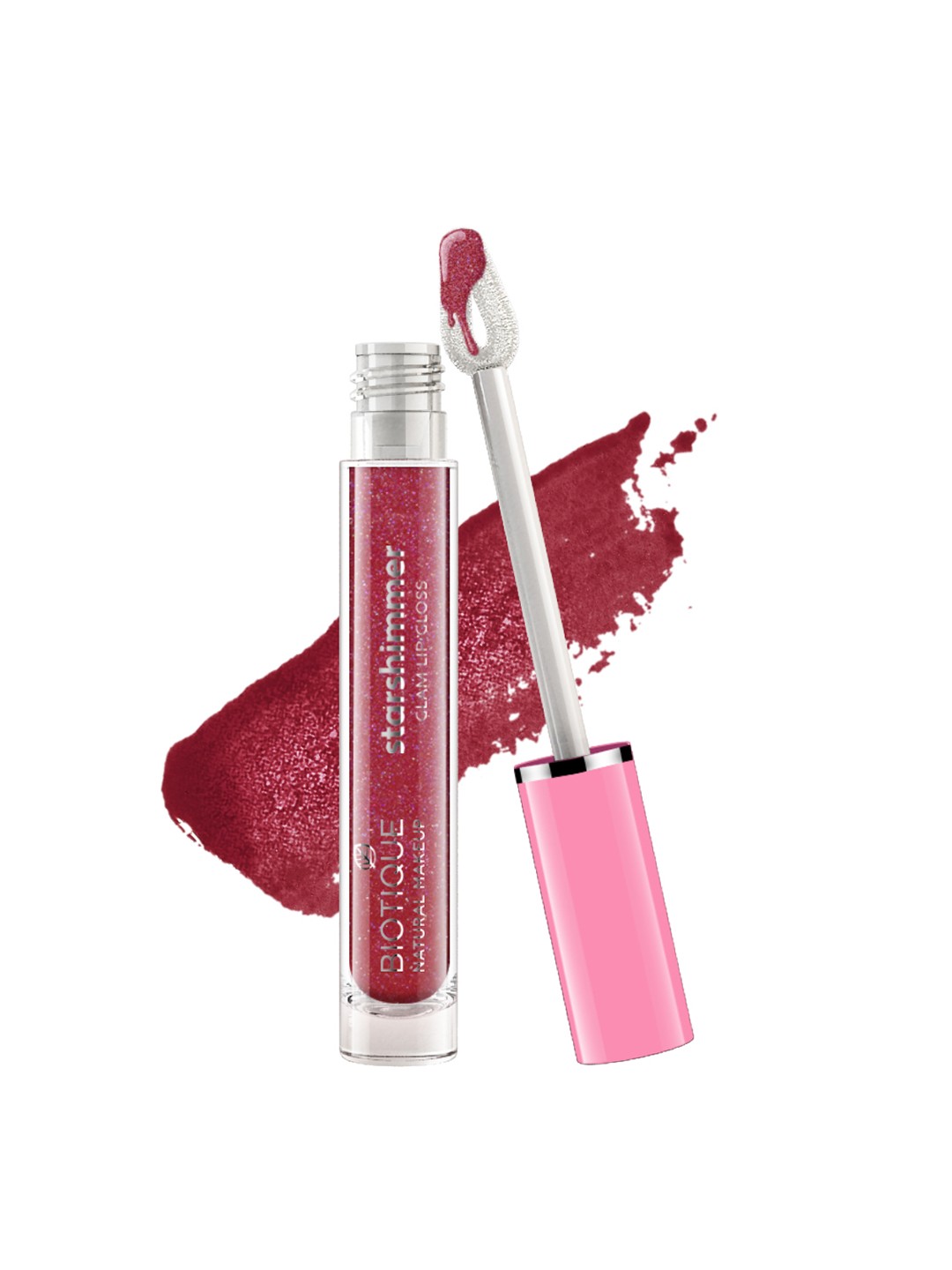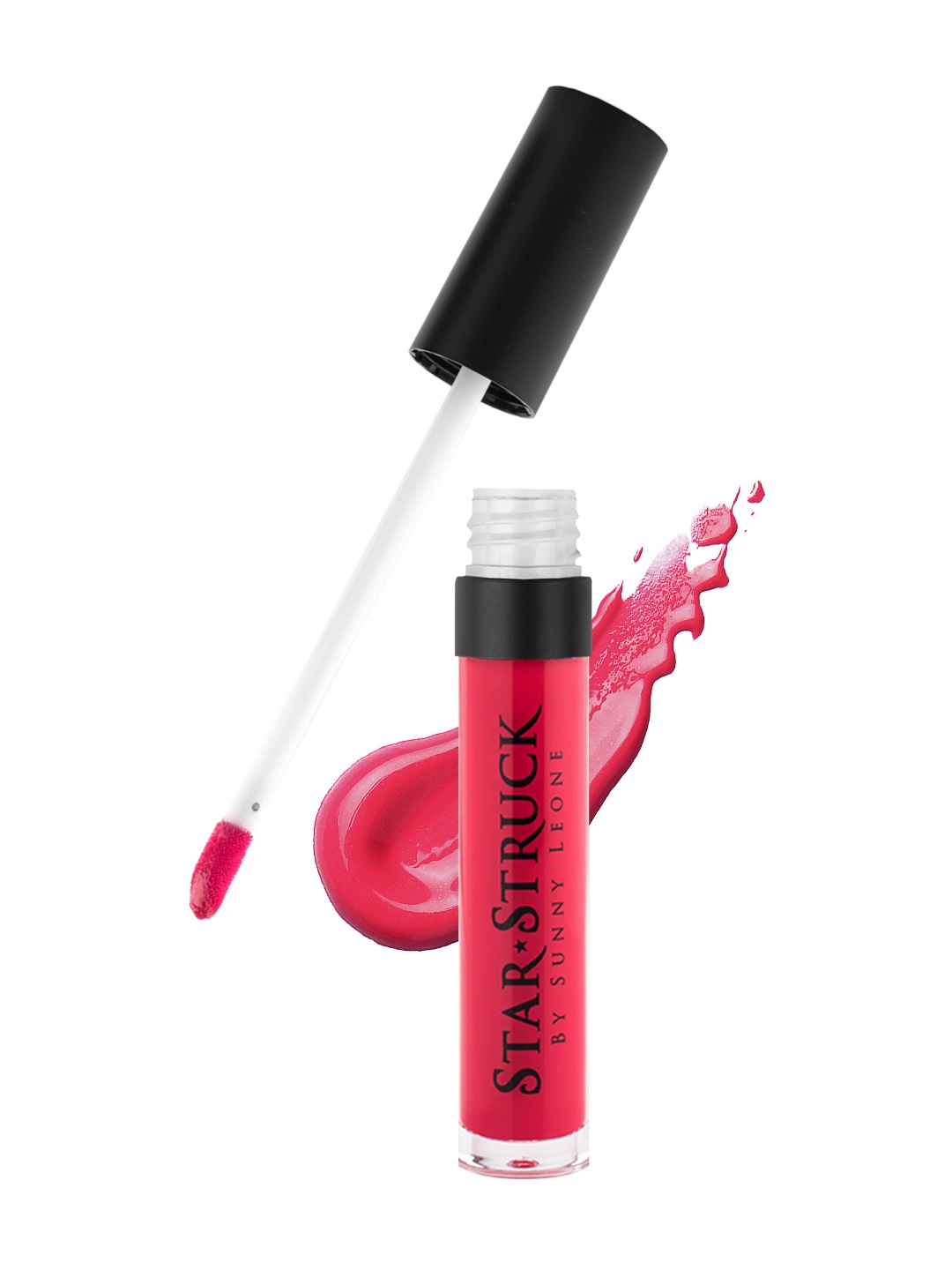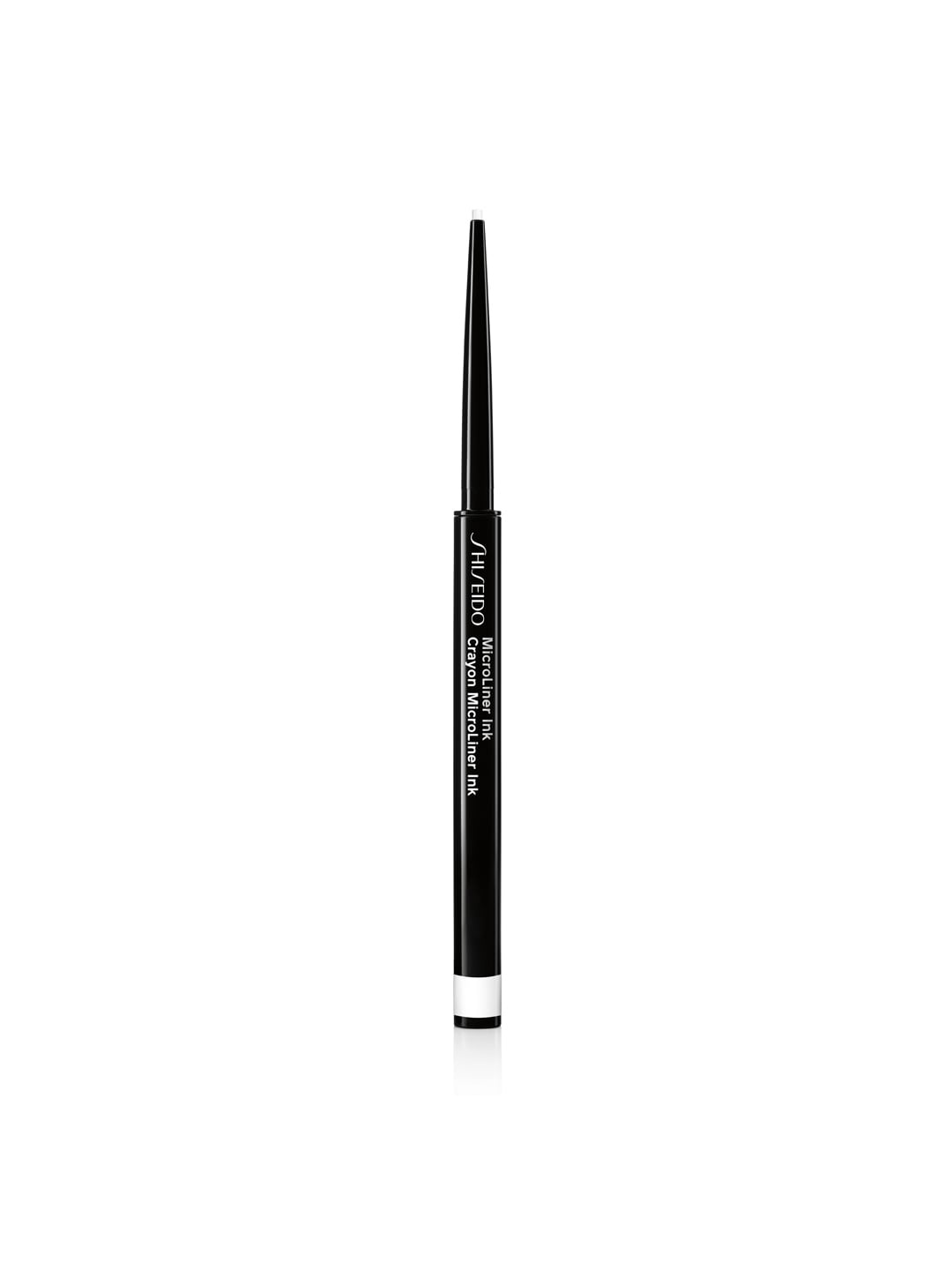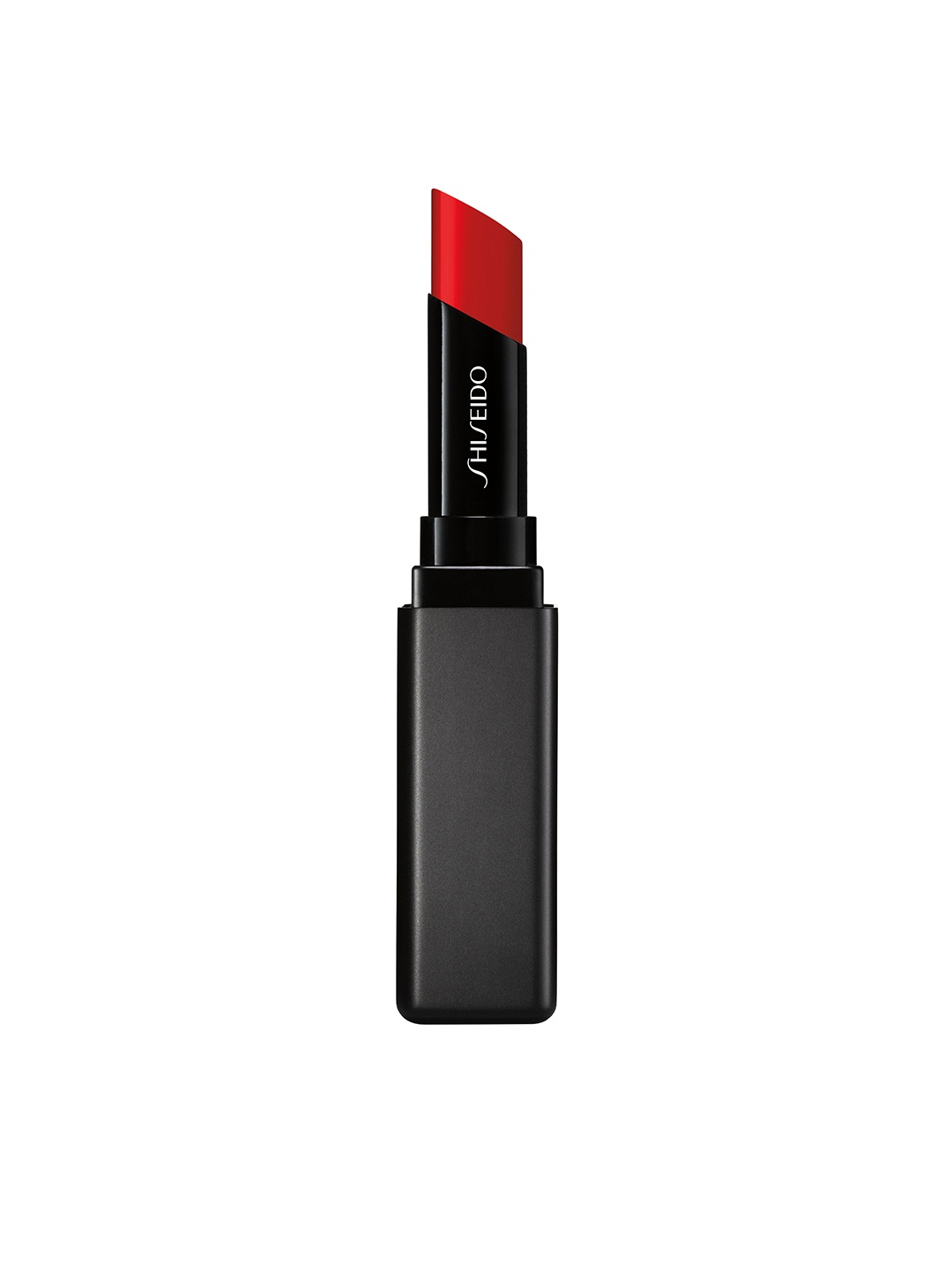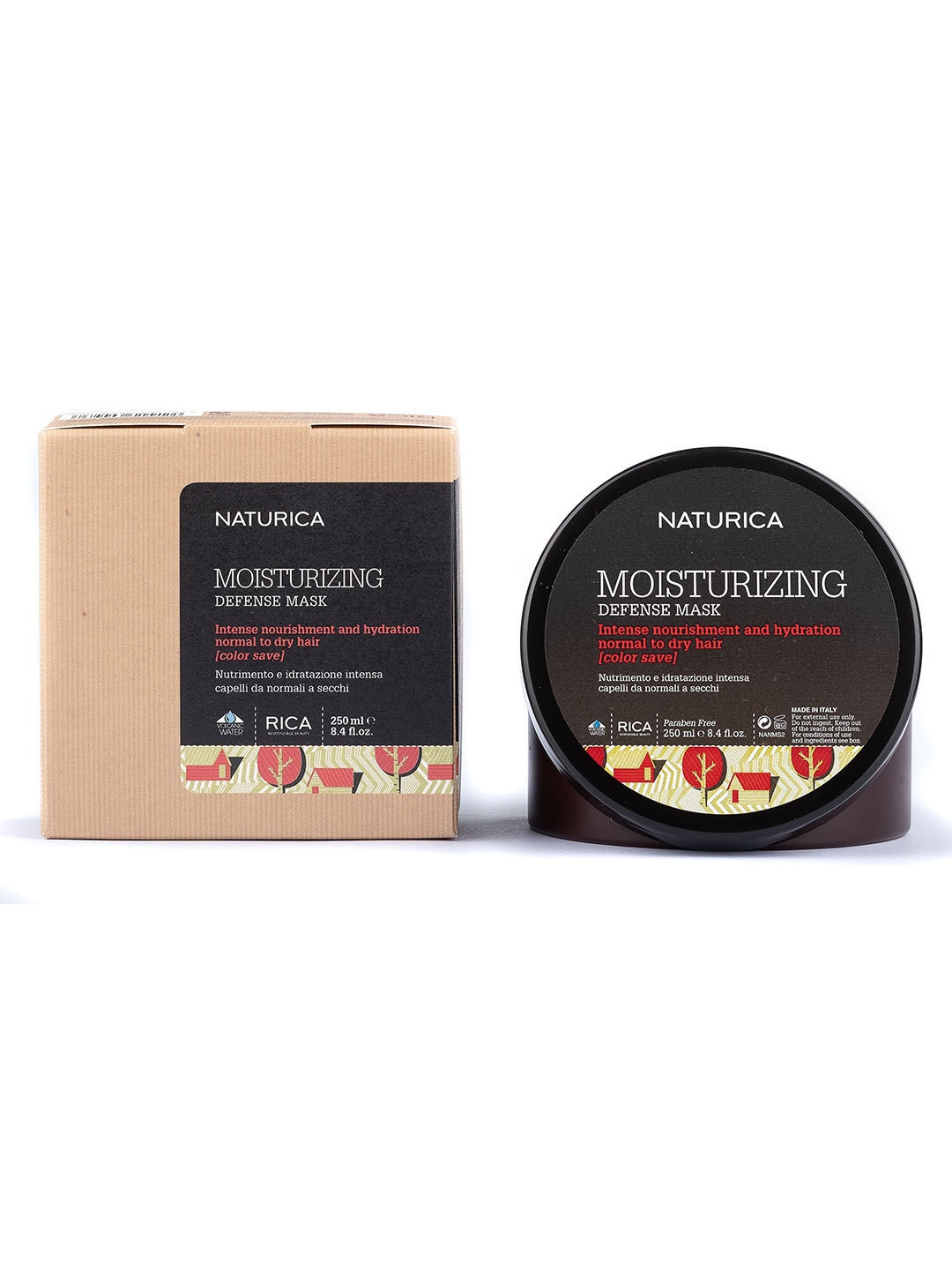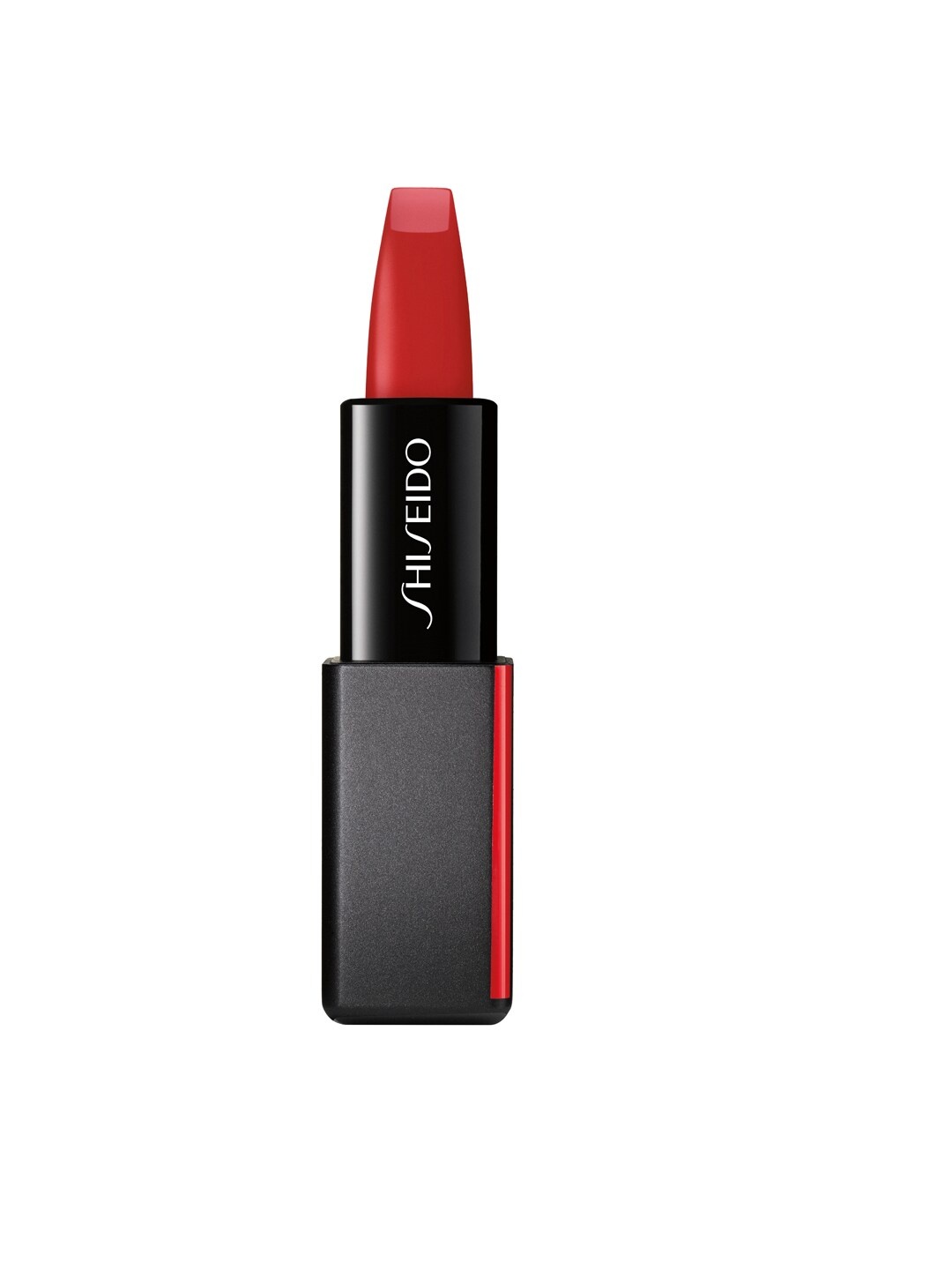Monsoon Hair Care Tips For Frizz-Free, Healthy Locks
Humidity, sudden showers, and a greasy scalp, monsoon can ruin your hair. Heres how to care for your tresses the right way this season.

Monsoon Hair Care Tips For Frizz-Free, Healthy Hair
The monsoon season might be a treat for your soul, but your hair may not agree. From surprise rain showers to intense humidity, the weather brings on frizz, breakage, and excessive hair fall. Many find their strands going limp or feeling rough, often leading to frustration and hair experiments that do more harm than good. But with the right care, you can help your hair survive and thrive during this tricky season. A few mindful changes in your routine can go a long way in keeping your hair fresh, manageable, and healthy.
Why Does Hair Get Damaged During Monsoon?
Monsoon air carries more moisture than your hair can handle, which leads to frizz, limp strands, and increased chances of dandruff or scalp infections. Rainwater, often polluted, is another silent culprit that damages the hair cuticle and strips away natural oils. Add to that the confusion of when to shampoo or how to dry your hair, and you're looking at a seasonal challenge that requires some careful adjustments to your hair care routine.
Also Read: Top 5 Deals On Dyson Home And Hair Care Tools From ₹29900 Now On Myntra End Of Reason Sale
Keep Your Scalp Clean But Don't Over-Wash
It's tempting to wash your hair daily when it feels greasy all the time, but over-washing can strip your scalp of natural oils and trigger even more oil production. Ideally, wash your hair two to three times a week using a mild shampoo. Choose a sulphate-free formula that cleanses without drying out the strands. If your scalp feels especially sweaty or itchy, use a clarifying shampoo once a week to reset your scalp health.
Condition The Right Way Every Time
Skipping conditioner is one of the worst mistakes during monsoon. Your hair needs hydration to stay smooth and manageable, especially in humid conditions. Use a lightweight conditioner after every wash, focusing on mid-lengths and ends. For added nourishment, incorporate a deep-conditioning hair mask once a week. Choose masks with ingredients like shea butter, argan oil, or keratin to seal in moisture and strengthen the hair shaft.
Avoid Wet Hair Styling And Tight Hairstyles
Styling wet hair is a big no during monsoon. Your strands are at their weakest when wet, and tight hairstyles like buns or ponytails can cause breakage. Let your hair dry naturally whenever possible, and if you're using heat tools, apply a heat protectant spray. Stick to loose braids or open styles that allow your hair to breathe. Avoid over-combing as it may cause hair fall when your strands are damp and delicate.
Dry Your Hair Gently And Thoroughly
Never tie up your hair while it's still wet, and avoid vigorous towel rubbing. Pat your hair gently with a microfibre towel or an old cotton T-shirt to absorb excess moisture. Let it air dry in a cool, shaded area rather than under direct sunlight. If you must use a dryer, keep it on a low heat setting and avoid prolonged exposure. Ensuring your scalp is dry is equally important to prevent fungal infections or unpleasant odours.
Also Read: Struggling With A Bad Hair Day? 5 Tips That Might Make It Better
Oil With Caution, But Don't Skip It
Oiling remains a crucial part of Indian hair care, even in the monsoon. However, leave the oil on only for 30 minutes to an hour before washing it off. Leaving it on overnight during a humid season can lead to clogged pores and a sticky scalp. Use lightweight oils like argan, almond, or coconut. Warm the oil slightly before application and massage gently into your scalp to boost blood circulation and soothe dryness.
Eat For Hair Health
Hair care is not just about external products; it also depends heavily on internal nourishment. Include protein-rich foods like lentils, eggs, paneer, and spinach in your diet. Omega-3 fatty acids from flaxseeds or walnuts also promote scalp health. Drink plenty of water, even when it's not hot outside, to keep your hair hydrated from within. Iron and zinc deficiencies can worsen seasonal hair fall, so consider checking your levels if you're losing more hair than usual.

Monsoon Hair Care Tips For Frizz-Free, Healthy Hair; Photo Credit: pexels
Use The Right Hair Accessories
Switch to soft, fabric-covered hair ties and wide-toothed combs that don't tug at the strands. Avoid rubber bands or metal clips that can cause breakage, especially when the hair is damp. Satin pillowcases are another simple yet powerful upgrade; they reduce friction while sleeping and help keep your hair smooth and frizz-free.
Products Related To This Article
1. Be Bodywise Rosemary Hair Growth Serum (Roll On)
2. Minimalist Serum for Repairing Damaged Hair
3. WELCOOL Anti Hair Fall Shampoo & Serum
4. L'Oréal Professionnel Serie Expert Absolut Repair Shampoo
5. WishCare Multi Peptide Anti Hairfall Shampoo
6. CADIVEU Brasil Cacau Coconut Anti Frizz Conditioner
7. Best Life Moroccan Argan Oil Hair Conditoner
8. CADIVEU Acai Oil Treatment
9. Parachute Advansed Rosemary-enriched Coconut Hair Oi
10. Soulflower Rosemary Essential Oil for Hair Growth
Frequently Asked Questions (FAQs)
Q1. How Often Should I Wash My Hair During Monsoon?
Two to three times a week is sufficient. Use a gentle, sulphate-free shampoo and avoid washing it daily to prevent excess dryness or oiliness.
Q2. Can I Oil My Hair Overnight In Monsoon?
It's best not to. Oil your scalp and hair for 30 to 60 minutes before washing. Leaving it overnight can trap moisture and lead to scalp issues.
Q3. What's The Best Way To Tame Frizz In Humid Weather?
Regular conditioning, using a serum on damp hair, and letting your hair dry naturally helps reduce frizz. Avoid brushing hair when it's dry to prevent more static.
Q4. Is Hair Fall Normal During The Rainy Season?
Yes, seasonal shedding is common due to humidity, sweat and pollution. However, if hair fall becomes excessive or lasts beyond the season, consult a dermatologist.
Q5. Can Rainwater Damage My Hair?
Yes, rainwater often carries pollutants that can harm your hair. If you get caught in the rain, rinse your hair with clean water and follow up with a mild shampoo.
Monsoon doesn't have to mean bad hair days. With just a few changes to your regular routine, you can keep your locks healthy, manageable and fuss-free even when the weather isn't on your side. From choosing the right shampoo to drying your hair the proper way, small steps go a long way in preventing seasonal damage. Don't let the humidity steal your shine. This season, treat your hair with the same care you'd give your skin, and you'll breeze through monsoon with confidence, style and healthier strands.
Disclaimer: The images used in this article are for illustration purpose only. They may not be an exact representation of the products, categories and brands listed in this article.











